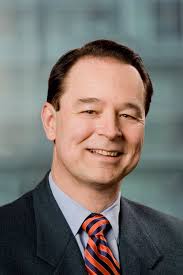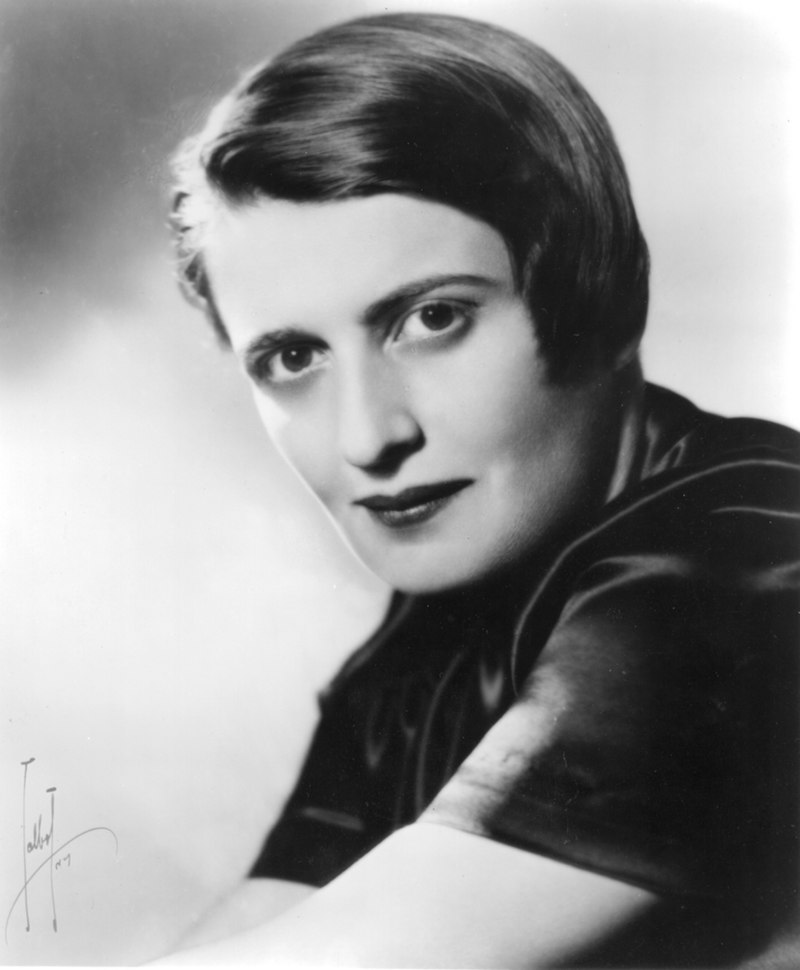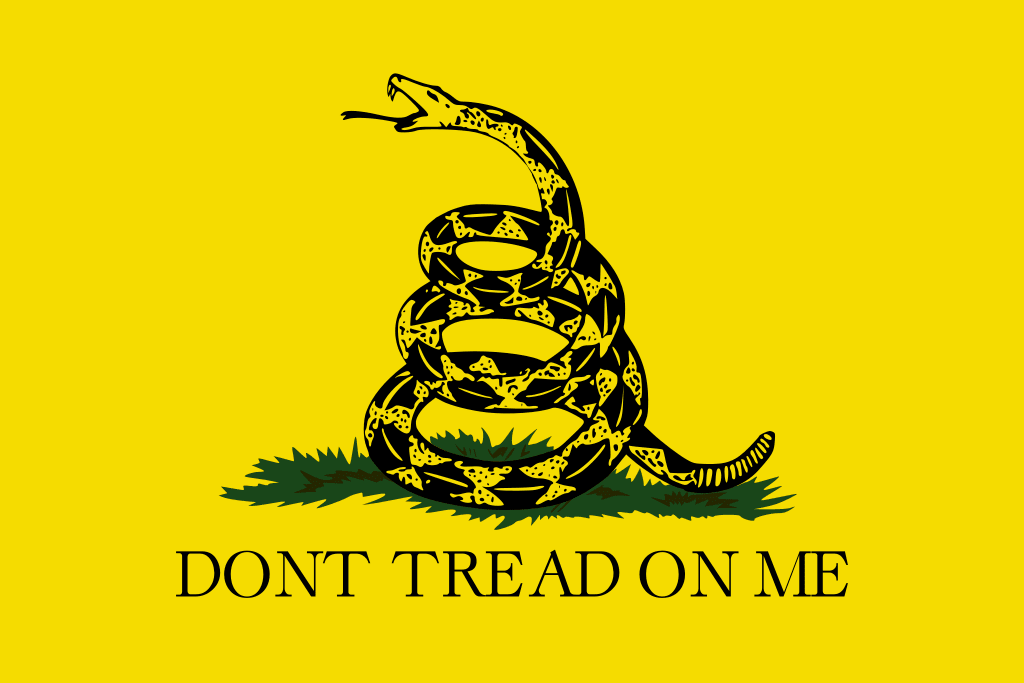What Is Libertarianism?
A political philosophy that puts one value above all others: individual liberty.
Libertarianism in a Nutshell
-
You Own Your Life
You have the right to make choices about your own life, body, and property.
-
Minimal Government
The government's only role is to protect your rights from force and fraud—and nothing more.
-
Non-Aggression
It is wrong to initiate force against others. This is the core moral principle.
Meet the Pioneers

David Boaz
The Modern Explainer
A Primer for Freedom
"Libertarianism is the view that each person has the right to live his life in any way he chooses so long as he respects the equal rights of others."

Ayn Rand
The Objectivist
Rational Self-Interest
"The smallest minority on earth is the individual. Those who deny individual rights cannot claim to be defenders of minorities."
So, where do YOU fit in?
You've seen the ideas. Now see how your own views measure up on the political spectrum.
Take the Free TestA Deeper Dive
Libertarianism Explained
Libertarianism is a political philosophy that puts freedom first. If you had to boil it down, libertarians believe that people should be free to make their own choices—as long as they don’t hurt or control anyone else. This idea leads to big opinions on how a country should work. Libertarians often argue for things like low taxes, fewer laws, and minimal involvement from the government in both personal and economic lives.

The Core Beliefs of Libertarianism
The heart of libertarian thinking is: you own your life. You should get to decide how to live it as long as you aren’t harming anyone else. Since people should be free, government power must be strictly limited. Its only jobs are to protect people from violence or fraud and enforce contracts fairly. Libertarians also trust in the power of the free market—a system where goods and services are traded voluntarily without much government control.
The Non-Aggression Principle
This is a key rule: Don't use force first. Called the Non-Aggression Principle (or NAP), it's like a golden rule for politics. You can defend yourself, but you can't start violence or threaten others to get what you want—not even if you're the government. This belief leads many libertarians to reject things like mandatory military drafts, drug bans, or high taxes.

Where Libertarianism Comes From
Libertarian ideas grew out of classical liberalism. In modern times, thinkers like David Boaz helped define what libertarianism means today in his books Libertarianism: A Primer and The Libertarian Mind. It stands in stark contrast to ideologies that prioritize the state over the individual, such as Communism and Fascism. Another well-known influence is Ayn Rand, a novelist and philosopher. In books like Atlas Shrugged, she praised capitalism and personal responsibility. Economist David D. Friedman took these ideas even further in his book The Machinery of Freedom.
The Libertarian Party
Founded in 1971, the Libertarian Party is the third-largest political party in the U.S. Its candidates often run on platforms that include ending the war on drugs, cutting government spending, and protecting personal rights.
 The Global Shift Network
The Global Shift Network